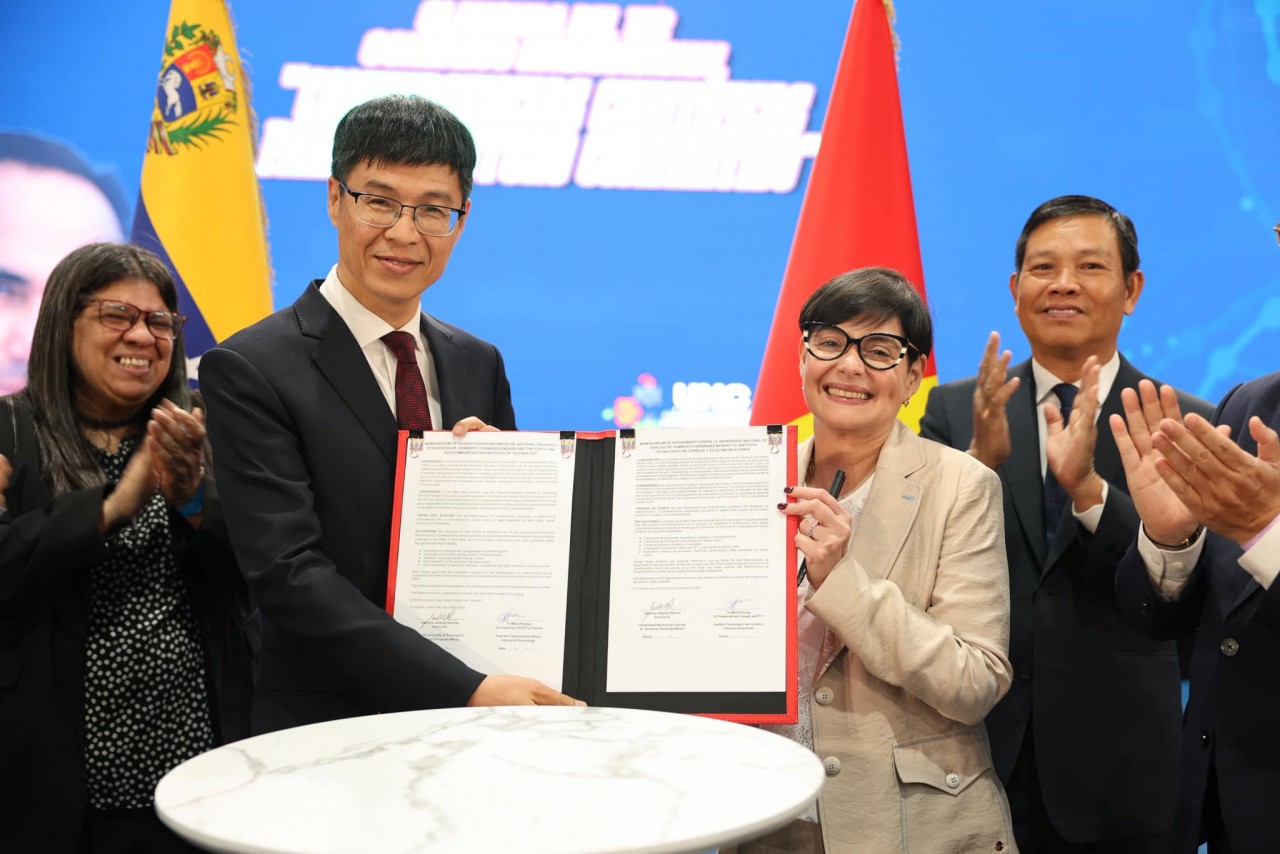Top Leader’s Tour of Mongolia Promises New Cooperation Chances
| Vietnam Cultural Day in Mongolia Promotes Friendship and Mutual Understanding | |
| Vietnam, Mongolia Open Doors for Mutual Trade |
At the invitation of Mongolian President Ukhnaagiin Khurelsukh, on September 30th, Vietnamese General Secretary and State President To Lam, along with his spouse and a high-ranking Vietnamese delegation, embarked on a state visit to Mongolia.
Vietnamese Ambassador to Mongolia Nguyen Tuan Thanh shared insights into the bilateral relationship and the significance of this visit.
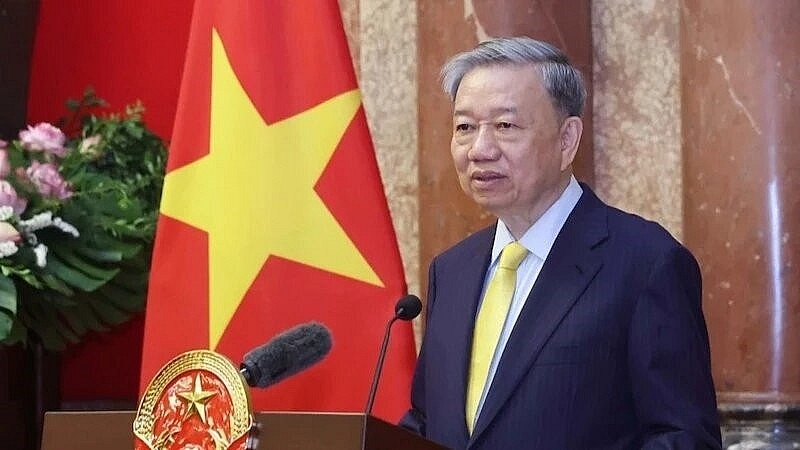 |
| General Secretary and President To Lam. Photo: VNA |
Could you elaborate on the current state of cooperation between Vietnam and Mongolia, as well as the potential and room for further development in this partnership?
Vietnam and Mongolia established diplomatic relations on November 17, 1954. Mongolia was one of the first countries to establish diplomatic relations with Vietnam, and Vietnam was the first Southeast Asian country with which Mongolia established diplomatic relations.
Over the past 70 years, the traditional friendship between the two countries has continuously developed and achieved many successes. Currently, based on mutual understanding and respect, the friendly relations between the two countries have been further strengthened, especially in the fields of security, defense, economy, and trade.
Political and diplomatic relations have always been maintained well. The two countries have achieved high political understanding and trust and consider each other as important partners in developing relations. The two sides have frequently exchanged high-level and other-level delegations to tighten and promote bilateral relations.
They also share views on maintaining regional peace and stability, frequently exchange delegations at all levels, and sign many documents stipulating cooperation frameworks such as strategic research cooperation, information sharing and immigration management, and transnational drug crime prevention.
Both countries have also strengthened coordination and mutual support in international forums such as the United Nations, the World Trade Organization (WTO), the Asia-Europe Meeting (ASEM), the Asia-Pacific Economic Cooperation (APEC), the ASEAN Regional Forum (ARF), and other regional organizations. This relationship is driven by a shared interest in peace, development, and stability.
Economic and trade cooperation has been continuously strengthened and expanded, with bilateral trade reaching over US$130 million in 2023. While the trade volume between Vietnam and Mongolia is still modest, there is strong potential for growth, especially in the export of agricultural products, food, and consumer goods from Vietnam.
At the same time, Vietnam can become a market for agricultural products and raw materials from Mongolia, such as coal, beef, goat, sheep, and livestock products.
Currently, many Mongolian students are studying in Vietnam and vice versa. The two sides also cooperate in cultural and artistic exchange activities to enhance mutual understanding. Many representative literary works of the two countries have been translated into each other's languages.
Notably, since 1980, Mongolia has named a secondary school in the capital Ulaanbaatar after President Ho Chi Minh. The school is a symbol of cooperation between the two countries and regularly organizes cultural activities on major Vietnamese holidays.
Overall, the Vietnam-Mongolia relationship is expanding and holds great potential for development in many areas, particularly in economics, trade, and agriculture. Economically, both sides can focus on their strengths such as mining, steelmaking, import-export of agricultural products, processed food, and livestock products. In terms of tourism, due to differences in climate and geography, the two countries offer attractive tourism products for each other's visitors. Both countries aim to develop the tourism industry and have granted visa exemptions for tourists, opened direct flights, and created favorable conditions for tourism development in the future, thereby promoting people-to-people and cultural exchanges.
Agriculture is also a potential area for cooperation between the two countries. Mongolia has a strength in livestock farming, while Vietnam has a strength in crop cultivation and food production. The two countries can cooperate in exchanging technology, experience, and agricultural products.
Vietnam and Mongolia can also strengthen cooperation in investment and technology transfer, especially in agriculture, livestock, and industrial production. This will create sustainable development opportunities for both countries.
In addition, the two countries have many more potentials and advantages to cooperate in education and training, telecommunications, food processing, feed processing, pharmaceuticals, and mineral exploitation.
What new impetus will General Secretary and President To Lam's visit to Mongolia bring to bilateral relations? Which areas of cooperation with Mongolia are expected to be promoted after this remarkable visit?
The visit of General Secretary and President To Lam will be historic, elevating the bilateral relationship to new heights and playing a significant role in shaping and opening up prospects for cooperation between the two countries. This visit will inject new momentum into bilateral relations across various sectors, especially in key areas such as trade, agriculture, and transportation.
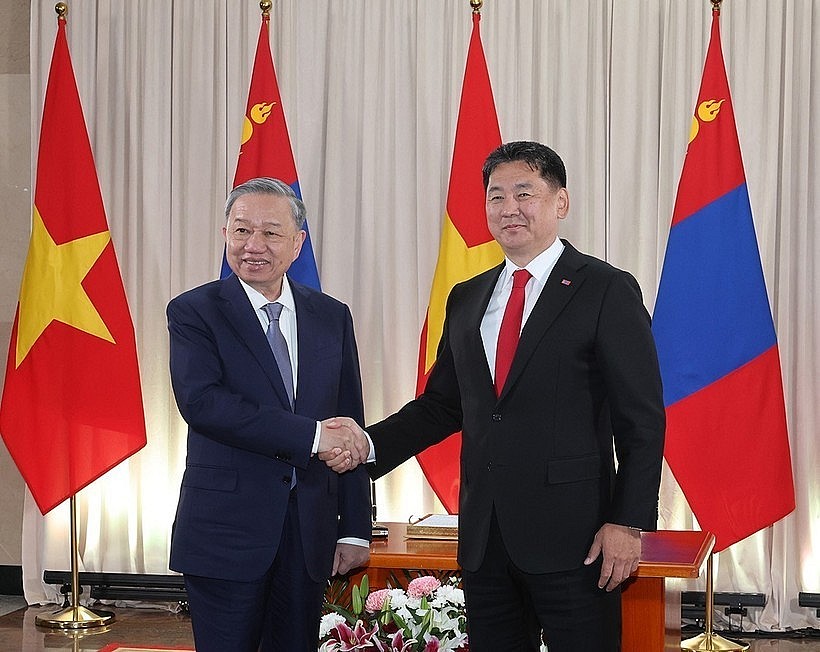 |
| Party General Secretary and State President To Lam (left) meets with Mongolian President Ukhnaagiin Khurelsukh in Ulaanbaatar on September 30. (Photo: VNA) |
Specifically, in terms of trade and logistics, the two countries have agreed to find solutions to address challenges in logistics, rail, maritime, and air transport to enhance bilateral trade and goods exchange in the coming period. There is also a consensus on promoting cooperation in agriculture, particularly the export and quarantine of agricultural products such as goat and sheep meat from Mongolia and poultry meat and eggs from Vietnam.
In my view, economic, trade, and investment cooperation between the two countries will be promoted in a more substantive, efficient, and comprehensive manner.
Trade promotion activities and the facilitation of business connections will be intensified and expanded. Policies aimed at improving the investment environment, as well as investment incentives and protection, will be strengthened to attract investment from both sides.
Other areas such as transportation, labor, tourism, culture, and education will be promoted in a substantive and comprehensive manner. Scholarships offered by the governments of both countries will also be expanded to meet the needs of students from both sides.
In addition, other areas such as science, clean energy, renewable energy, and climate change mitigation will also be strengthened and promoted.
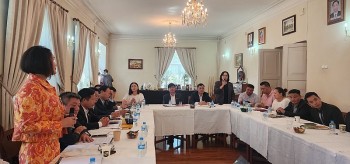 | Dak Lak Looks to Boost Investment Opportunities in Mongolia This year marks the 70th anniversary of the Vietnam – Mongolia diplomatic ties (1954 – 2024) |
 | Jebsen & Jessen Group Announces Acquisition of Mongolia-based MSM Group Diversified industrial conglomerate Jebsen & Jessen Group today announces the acquisition of MSM Group, a Mongolia-based company headquartered in Ulaanbaatar, thereby establishing a market-leading position ... |
Recommended
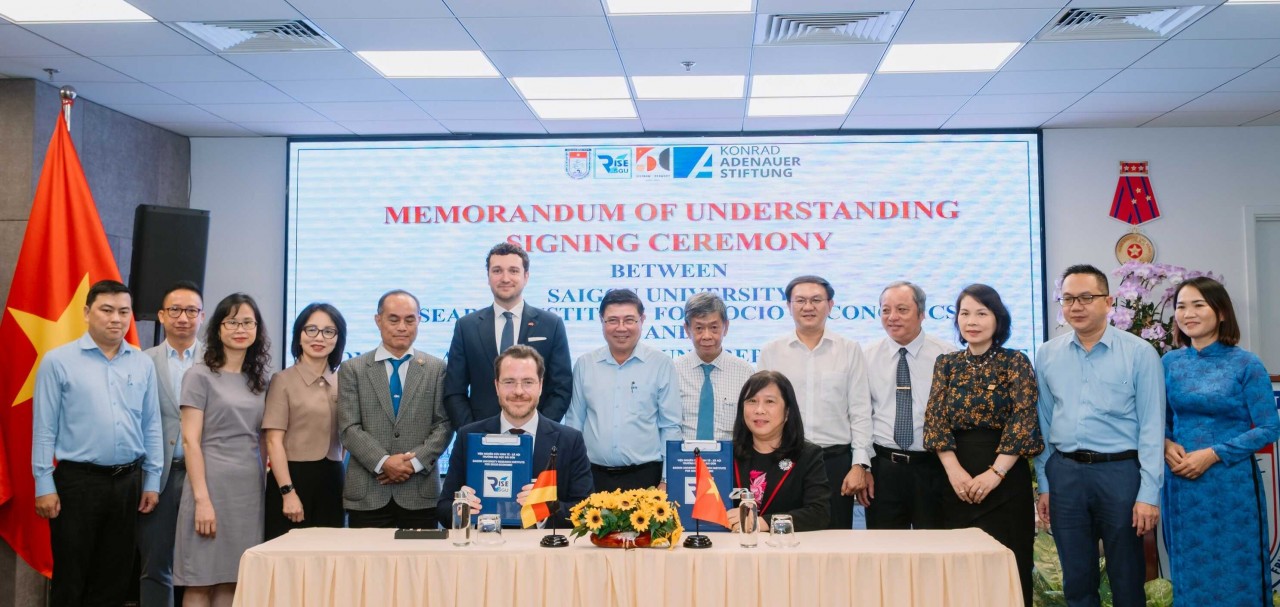 Friendship
Friendship
Another Vietnamese University Partners with Germany’s Konrad Adenauer Stiftung
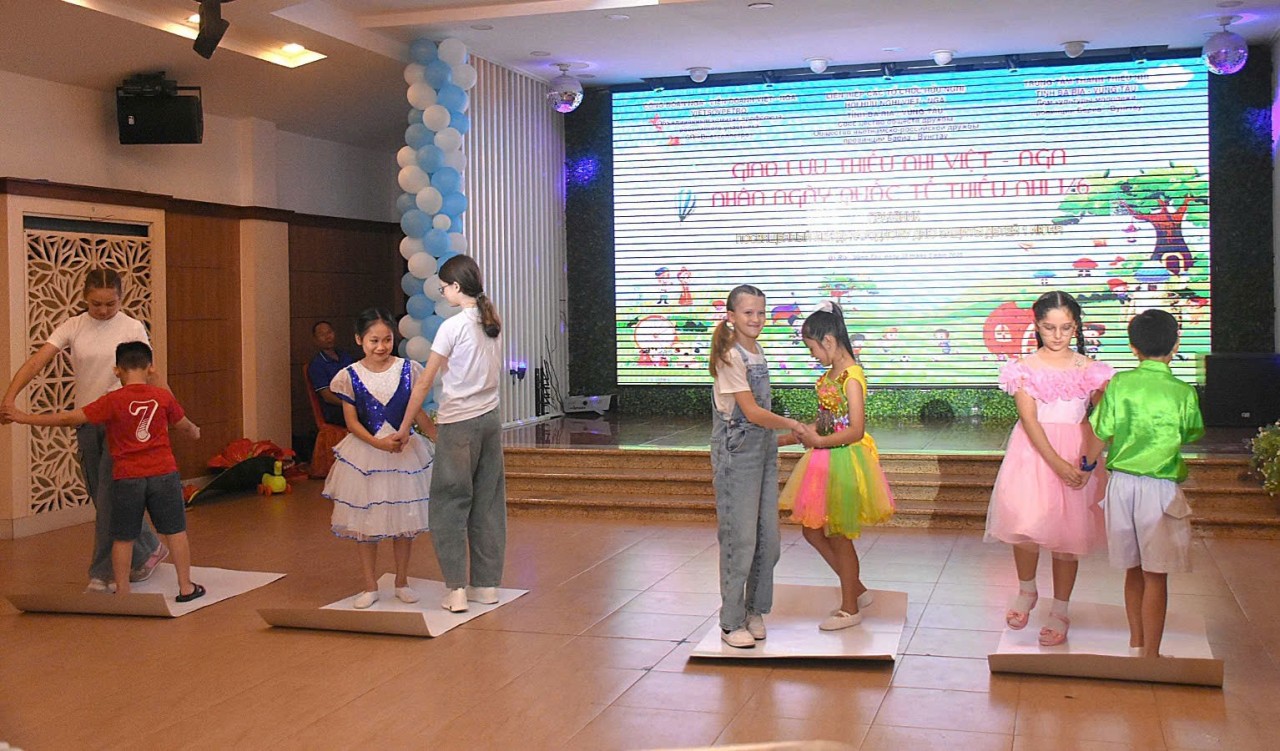 Friendship
Friendship
Over 200 Vietnamese and Russian Children Join “Red Scarf Of Friendship”
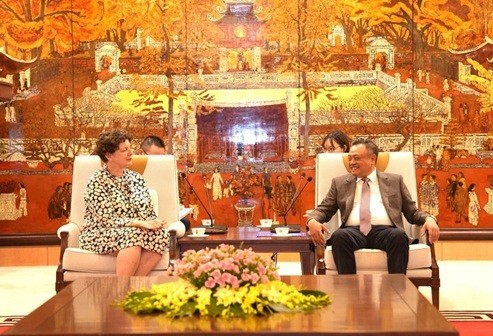 Friendship
Friendship
Diverse Activities to Celebrate the 50th Anniversary of Vietnam - Germany Diplomatic Relations
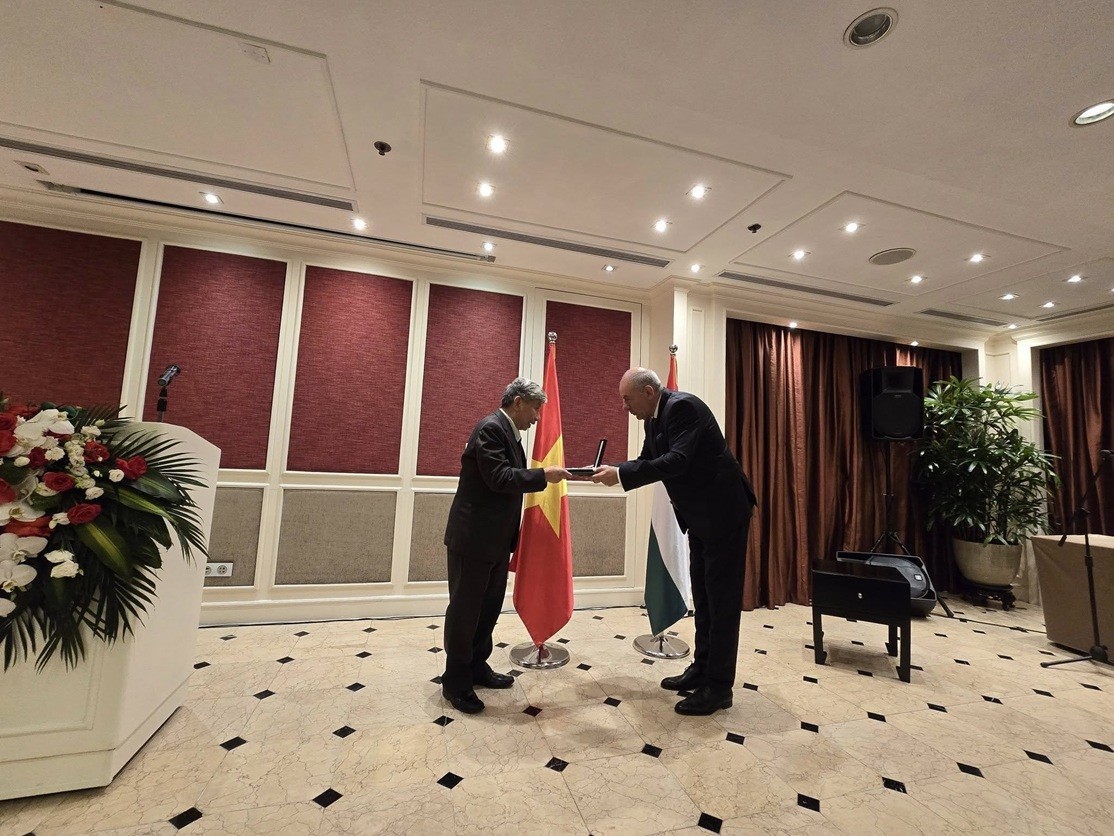 Friendship
Friendship
Dr. Vu Hoai Chuong Receives Hungary's Knight Cross Order
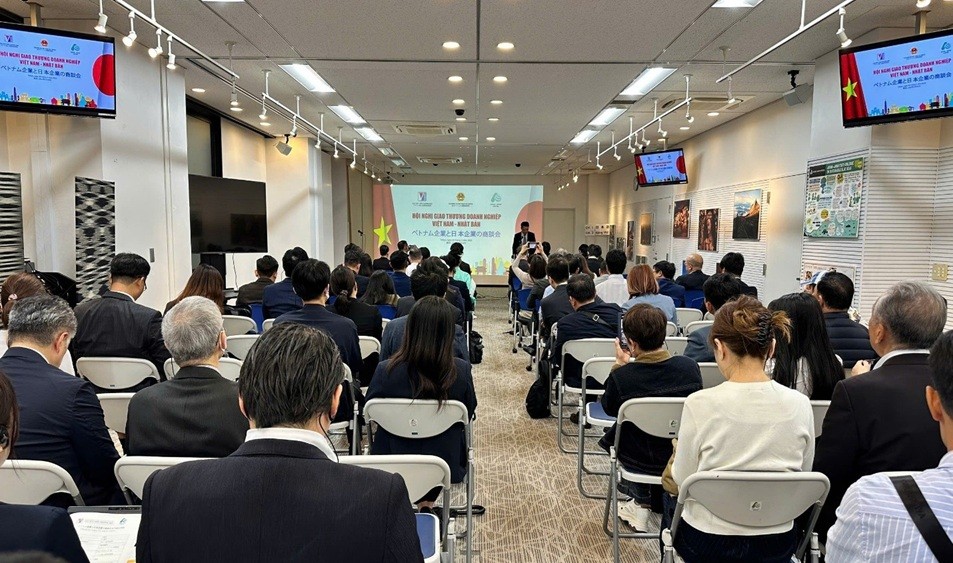 Friendship
Friendship
Promoting Vietnam - Japan Economic Cooperation
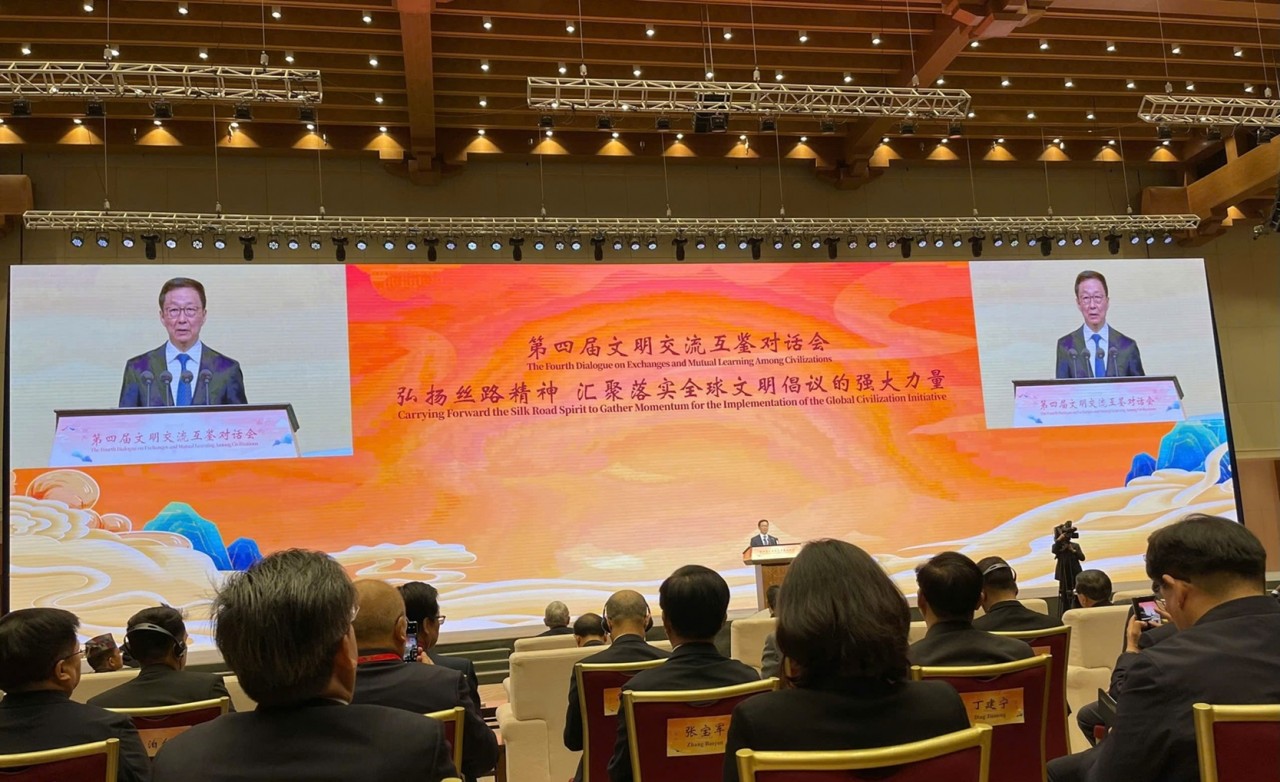 Friendship
Friendship
VUFO Attends Fourth Dialogue on Exchange and Mutual Learning among Civilizations
 Friendship
Friendship
COPI (US) Provides Free Medical Check-Ups for Nearly 1,000 People in Quang Nam
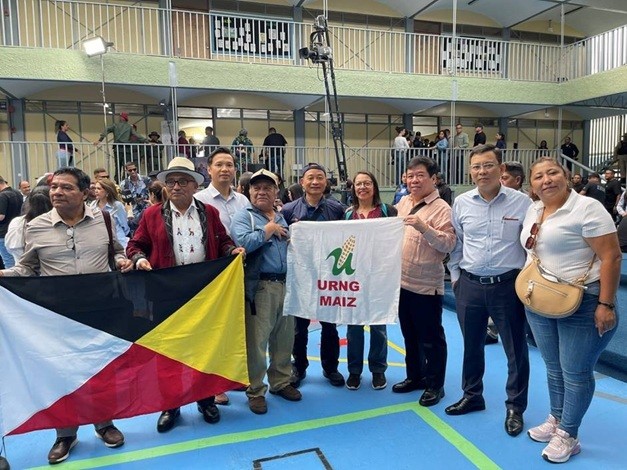 Focus
Focus

